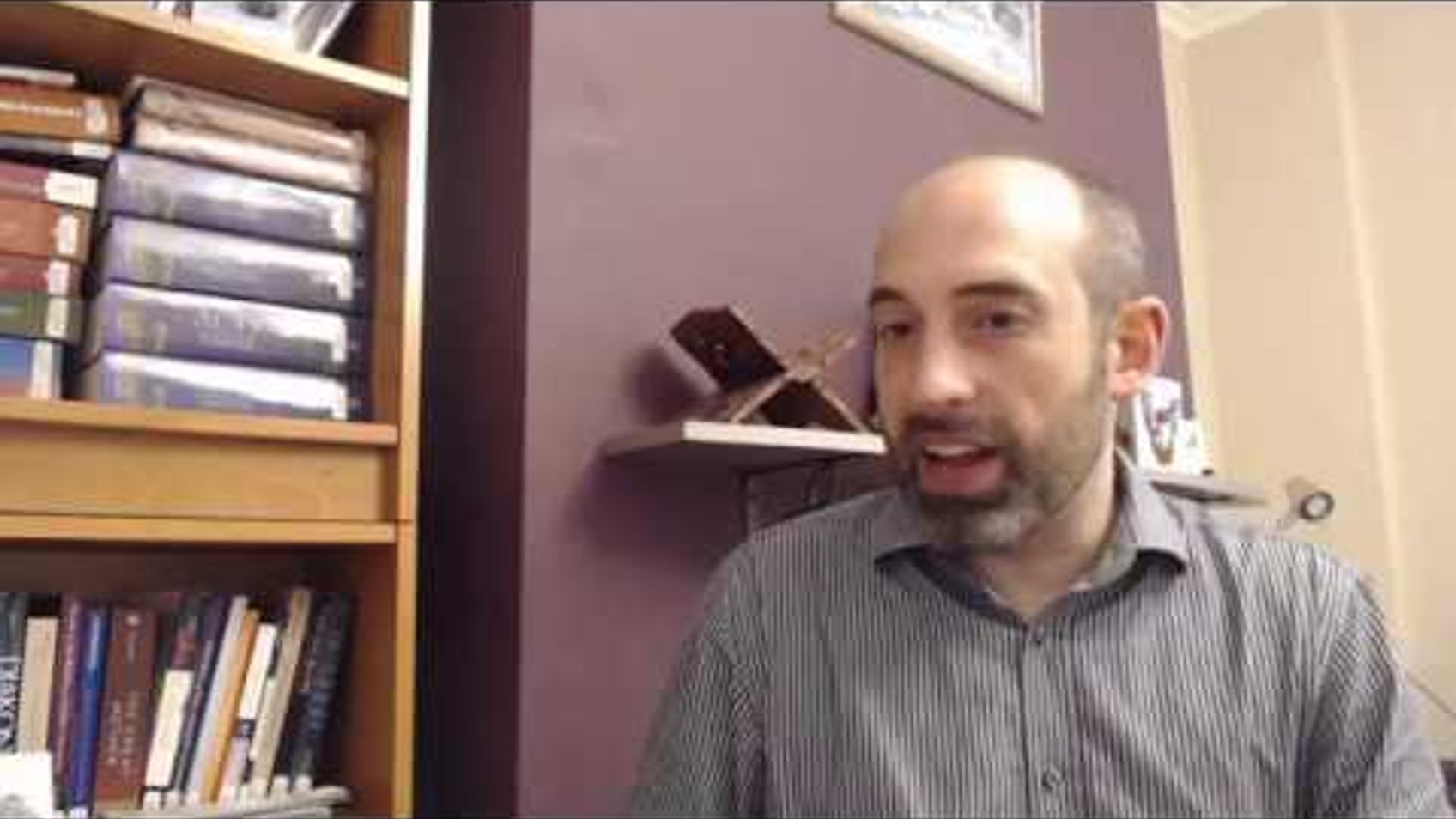The Sixth Day of Christmas: Joseph the Dreamer

Over the Christmas period, I am posting videos exploring biblical echoes and symmetries in the stories of the nativity in the gospels. In this sixth video I focus on the character of Joseph in Matthew.
My blog for my podcasts and videos is found here: https://adversariapodcast.com/.
If you have any questions, you can leave them on my Curious Cat account: https://curiouscat.me/zugzwanged.
If you have enjoyed these talks, please tell your friends and consider supporting me on Patreon: https://www.patreon.com/zugzwanged. You can also support me using my PayPal account: https://bit.ly/2RLaUcB.
The audio of all of my videos is available on my Soundcloud account: https://soundcloud.com/alastairadversaria. You can also listen to the audio of these episodes on iTunes: https://itunes.apple.com/gb/podcast/alastairs-adversaria/id1416351035?mt=2.
More From Alastair Roberts
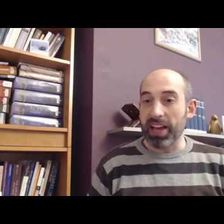
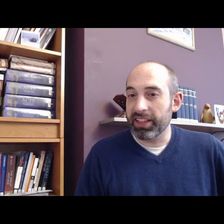
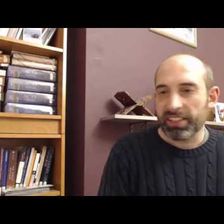

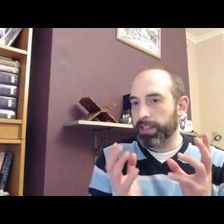
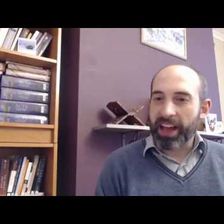
More on OpenTheo















